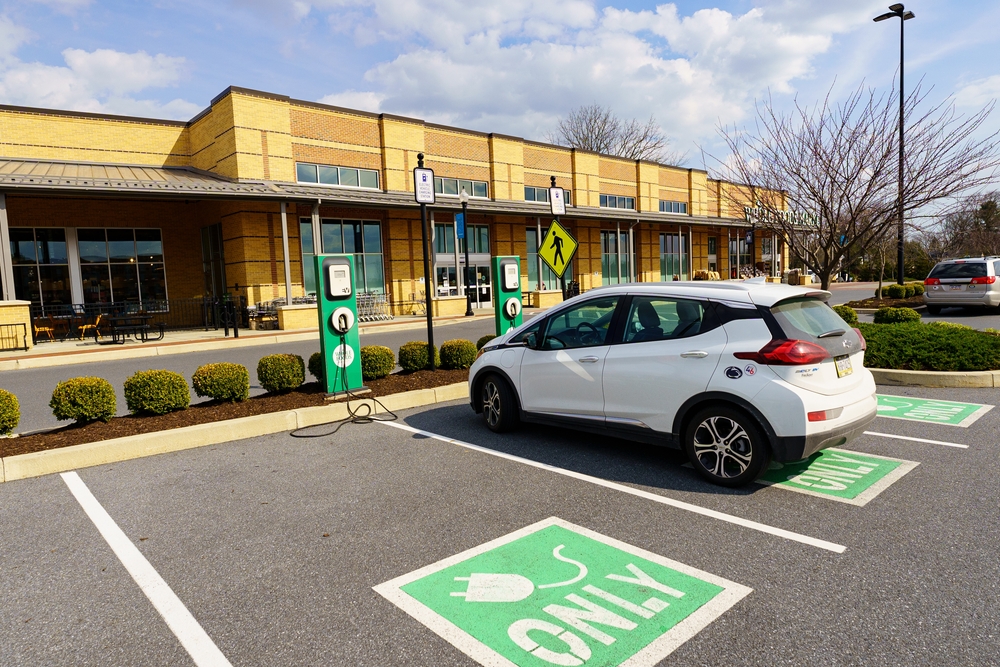Despite Federal Push, Americans Don’t Want Electric Cars

The much-touted transition to electric vehicles (EVs) is hitting a roadblock, and it’s more than just the lack of charging stations. A recent study published in Nature reveals that many early adopters are reverting to gas-powered vehicles, casting doubt on federal policies pushing Americans toward expensive and unreliable electric cars.
According to the study, which focused on EV adoption in California between 2012 and 2018, approximately 20% of plug-in hybrid drivers and 18% of pure EV drivers have switched back to internal combustion engines for their next vehicle purchase. Why the change of heart? The reasons range from the absence of Level 2 chargers after moving residences, often a migration from cities to more rural areas, to the general “dissatisfaction with the convenience of charging.”
This trend is more than just a blip on the radar. Ford Motor Company recently announced it would lay off more than a thousand employees due to substantial losses in revenue related to electric vehicle investment. The automaker projects a $3 billion loss in electric vehicle operating profit for 2023 alone. Alex Acosta, former secretary of labor in the Trump administration, recently pointed out: “Ford invested a lot of money and is now having to go back and say we made a mistake. Consumers want hybrids. Consumers want traditional cars.”
For years, the federal government has pushed various initiatives to make electric vehicles more appealing to the average American. This includes the Biden administration’s ambitious plan to have half of all new vehicle sales be electric by 2030. It’s not working, and taxpayers are footing the bill for this poorly thought-out vision. “Ultimately, consumers are saying, We do not want electric vehicles,” Acosta stated, further challenging Transportation Secretary Pete Buttigieg’s claim that electric vehicles save people money.
The problem is exacerbated by the fact that nearly half of Americans, according to an April 2023 poll, are unlikely to purchase an electric vehicle. High upfront costs and the scarcity of charging infrastructure are cited as the main barriers. Moreover, just 35% of Americans support stricter auto emissions rules to spur automakers into increasing electric vehicle sales, according to the same poll.
Indeed, the environment is an essential issue. Still, it seems the government is ahead of the public’s willingness to transition to electric vehicles. It’s high time for policymakers to realize that forcing a top-down approach on consumers doesn’t work, especially when consumers tell them what they want: choice, reliability, and affordability.
Is it not better, as Acosta argues, “for the people to decide what they want and for the market to then respond by producing what they want?” If the government genuinely wishes to move toward a cleaner, more efficient future, it must start by listening to the people it serves — otherwise, electric vehicles will remain a dead end on the road to “progress.”












